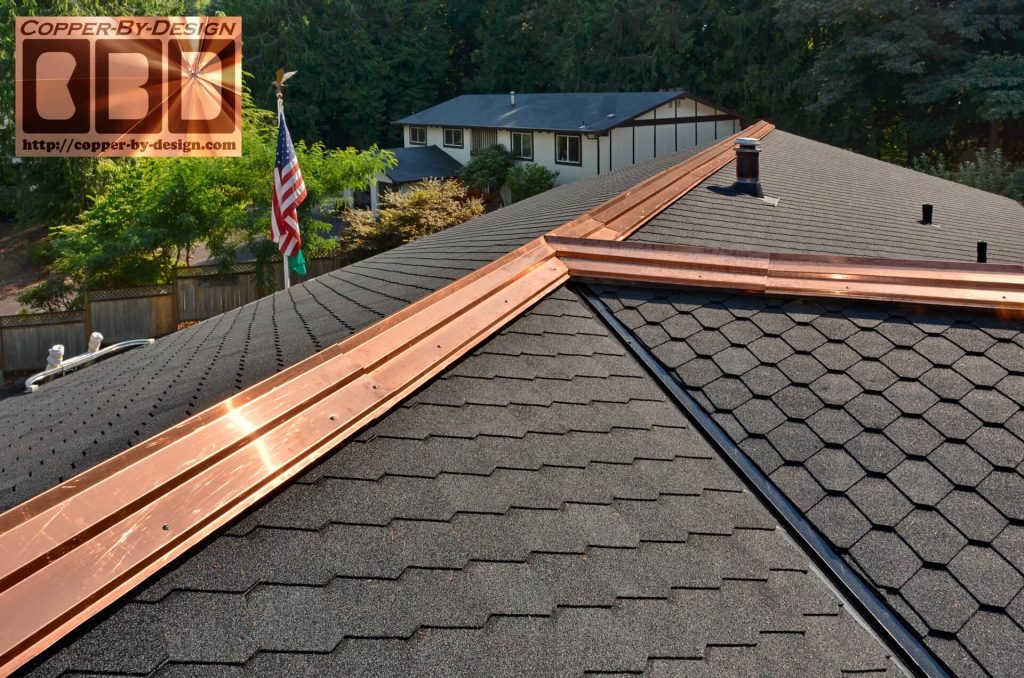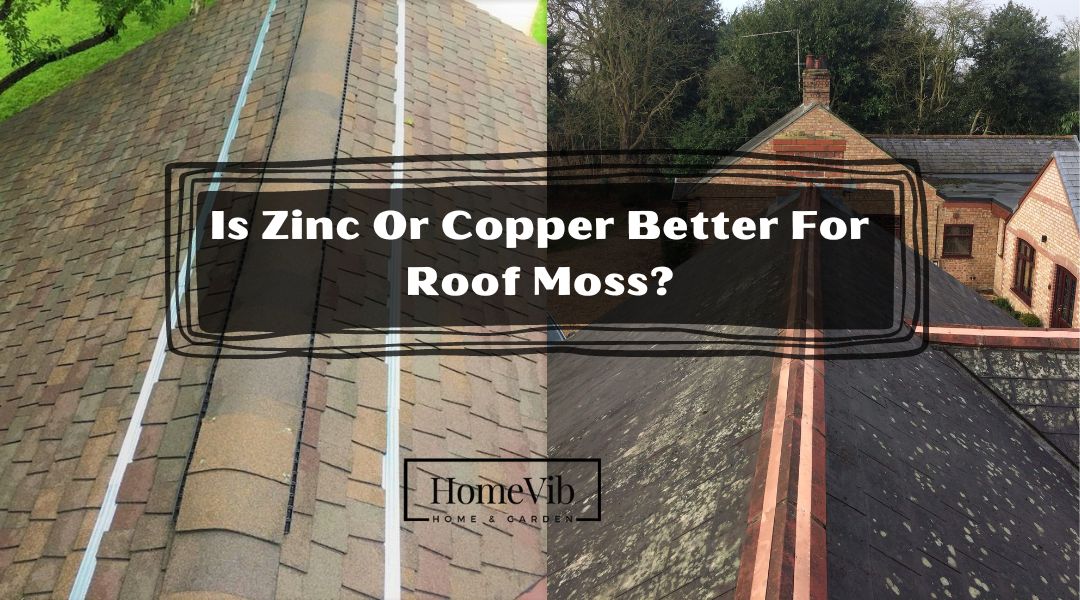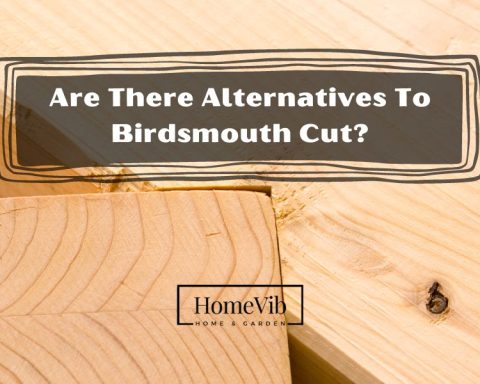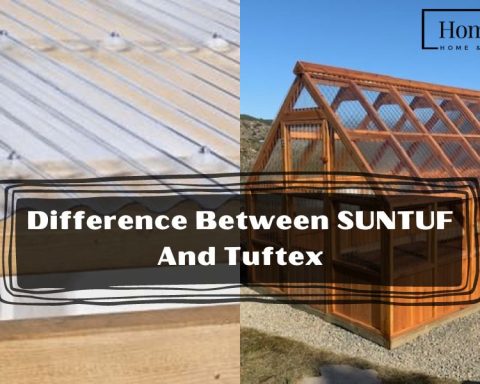Roof moss is one of the common problems experienced by most homeowners. Roofs that are not in shaded areas are most likely to have moss growth.
Moss loves to feed on damp shingles and roof tiles, leading to damage and discoloration. However, zinc and copper strips offer solutions. But which of the two is better?
If you want more extensive coverage, copper strips are better options. They can prevent you from adding too many holes in the roof during installation.
Furthermore, copper strips can last longer. However, zinc strips are cheaper compared to copper. These products can help you get rid of the roof but only temporarily.
Do Zinc Strips Work On Roofs?
Zinc strips release zinc particles whenever the rainwater hits the roof—metal particles like moss, algae, lichen, and mold poison simple plant life.
Hence, the moss eventually dies and falls off once the rainwater runs through the roof. The zinc strips can protect the roof from moss for about five years.
Before installing the zinc strips, ensure the roof is clean and moss-free. If you have new roofs, you can install the zinc strips without any preparation.
The zinc strips must be installed first under all the roof’s ridges or along the hips. Zinc strips must also be installed 15 feet down the roof to eliminate the moss for five years.
Using the proper nails to prevent them from rusting after some time is crucial. The most recommended nails to use are hot-dipped galvanized nails.
For houses with large roofs, another layer of zinc strips is necessary. You can install the zinc strips below you if you have chimneys, skylights, and dormers.
Do Copper Strips Work On Roofs?

Similar to zinc strips, copper strips also work on roofs. As a natural biocide, copper strips have properties that can kill roof moss, lichens, and algae. They are also used on the hulls of sailing ships to prevent barnacles from growing.
When installed on the roof, the chemical properties run through the roof. The solution kills the moss due to the ionic interaction between copper and water.
Copper strips can also work in roofs such as shingles, cedar, and slate. After oxidation, these strips can blend with the color of the roof shingles. If your roof isn’t new, you must clean it first.
Once done, treat it with a moss-repellent solution to get rid of moss spores. Fit the copper strips on the ridge using A2 corrosion-resistant stainless steel screws.
What Are the Advantages And Disadvantages Of Zinc Roof Strips?
Advantages of Zinc Roof Strips
Compared to copper strips, zinc roof strips are less costly. A 50-foot roll of zinc strips may only cost $30 at home improvement stores. Meanwhile, a 10-foot roll of copper strips can cost around $40. As an environmentally friendly solution, zinc strips are non-toxic to backyard plants.
Another benefit of using zinc roof strips is that it doesn’t cause damage to roof shingles. They are also available in various lengths. Hence, you can choose the most suitable zinc strips for your roof. Lastly, they protect any roof from moss, except for Spanish tile roofs.
Disadvantages of Zinc Roof Strips
Unfortunately, using zinc roof strips also has disadvantages. One of these is that they can affect the roof’s viability. The nails that are used in installing the zinc strips may be visible. It is against the principles of good roofing.
The contraction and expansion of the nail heads make them loose around the nail holes. It may lead to dripping. Installing the strips also require safety equipment, such as full safety gear.
Minor rust can also grow on the exposed nails, affecting the effectiveness of the zinc strips. After a year or two, the zinc strips may show irregularities. It will prevent the rainwater from flowing evenly to the roof.
Another disadvantage of zinc roof strips is that they may break and crack after five years.
What Are the Advantages And Disadvantages Of Copper Roof Strips?
Advantages of Copper Roof Strips
Copper strips are effective in killing and repelling roof moss. They are also lightweight; hence, installing them is more straightforward. You can do the installation itself or ask for professional help. Another benefit of copper strips is that they don’t need much maintenance.
When it comes to durability, you can rely on copper strips. Installing them on the roof can help in its overall durability. They are also suitable for all kinds of roof construction. The life service of these materials can last for about eight years.
Although they are poisonous to roof moss, they are safe for other backyard plants.
Disadvantages of Copper Roof Strips
Copper strips are more costly compared to zinc strips. The average price of a 10-foot roll of copper strips is $40. However, the price may vary depending on the width and thickness of the material.
Copper strips are durable but a temporary solution to the roof moss problem.
Is Zinc Or Copper Better For Roof Moss?
Regarding the price, copper strips are more expensive. However, they are better options than zinc strips. Copper strips are easier to install than zinc strips because they are lightweight.
You can also install them without using any specific tools. They are also available in different sizes, which can meet your needs.
Regarding effectiveness, copper strips can eliminate more moss than zinc strips. The materials also don’t need to be maintained once installed on your roof.
They can also last longer, and they are more durable. Unlike zinc strips, copper strips don’t easily warp, crack, and break.
What Other Metal Strip On the Roof Prevents Moss?
You can also use aluminum and galvanized metal strips to prevent moss on the roof. Aluminum has properties that can kill plants, such as moss. Unfortunately, it can also be harmful to backyard plants.
Galvanized metal strips can remove roof moss since they are zinc-iron alloy products. They have properties that can kill moss, algae, and lichens.
How Long Do Zinc Roof Strips Last?
According to studies, zinc roof strips lose their effectiveness after five years. Hence, they cannot be a permanent solution to roof moss problems.
On the other hand, copper strips can last for about eight years. They are more durable and reliable than zinc strips since they don’t easily warp, break, or crack.
What Kills Moss Naturally On the Roof?
One of the things that you can use to kill moss naturally is vinegar. First, you have to soak the moss-affected area with diluted vinegar. Wait for about ten minutes before scraping the moss with a long-handled brush. You can also leave the vinegar for a day to kill the moss.
Besides vinegar, you can also use detergent as an alternative. You can sprinkle it on the moss-affected area and let it for a couple of days. Sweep the moss off, and you will notice they already died off.
There are also commercial cleaning solutions that you can use to get rid of the pesky moss on the roof.









